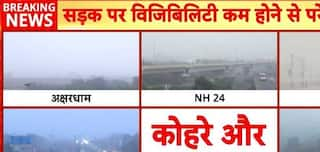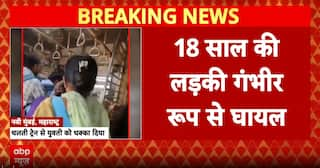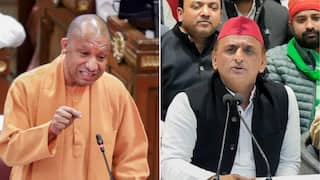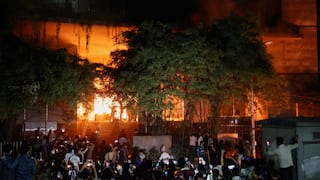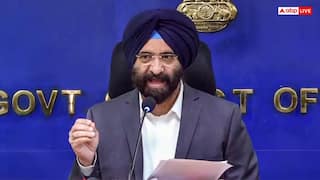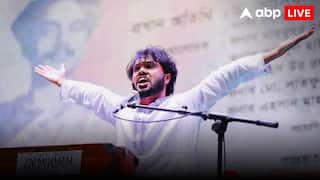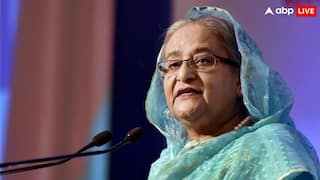PM Narendra Modi, Finance Minister Nirmala Sitharaman To Address Event Celebrating 90 Years Of RBI
PM Narendra Modi will address a ceremony commemorating "90 years of the Reserve Bank of India" in Mumbai in the presence of Union Finance Minister Nirmala Sitharaman and RBI Governor Shaktikanta Das.

Prime Minister Narendra Modi is set to address a ceremony commemorating "90 years of the Reserve Bank of India" in Mumbai on Monday. The event will also be attended by Union Finance Minister Nirmala Sitharaman and RBI Governor Shaktikanta Das.
The central bank announced the event on social media platform X, inviting attendees to join in the celebration. The RBI wrote, "Join us for the commemoration of the 90th year of Reserve Bank of India (RBI@90). Address by Hon’ble Prime Minister @narendramodi and by Hon’ble Finance Minister @nsitharaman. Welcome address by RBI Governor @dasshaktikanta."
Join us for the commemoration of the 90th year of Reserve Bank of India (RBI@90). Address by Hon’ble Prime Minister @narendramodi and by Hon’ble Finance Minister @nsitharaman. Welcome address by RBI Governor @dasshaktikanta.
— ReserveBankOfIndia (@RBI) March 31, 2024
Watch Live at: https://t.co/jtuBmtDZDz
#RBI@90…
According to a post by the BJP, the Prime Minister will address the event at 11 am on Monday.
Prime Minister Shri @narendramodi will address the opening ceremony of RBI@90 on 1st April 2024 at 11 AM.
— BJP (@BJP4India) March 31, 2024
Watch live:
📺https://t.co/ZFyEVldUYK
📺https://t.co/vpP0MInUi4
📺https://t.co/lcXkSnNPDn
📺https://t.co/4XQ2GzqK1N pic.twitter.com/hoIpO2UcPT
RBI's History
The Reserve Bank of India (RBI), established in 1935, serves as the central bank of the country. It was founded based on the recommendations of the Hilton Young Commission and operates under the Reserve Bank of India Act, 1934.
The primary functions of the RBI include regulating the issue of banknotes, maintaining reserves to ensure monetary stability, and operating the credit and currency system of the country.
Initially, the Reserve Bank took over functions from the Controller of Currency and the Imperial Bank of India. It managed government accounts and public debt, with branches established across major cities in India.
Following the partition of India and the independence of Burma (Myanmar), the Reserve Bank continued to act as the central bank for Burma until 1947 and for Pakistan until 1948.
The Reserve Bank played a significant role in India's development, particularly in agriculture, and facilitated the establishment of key financial institutions such as the Deposit Insurance and Credit Guarantee Corporation of India, the Industrial Development Bank of India, and others.
In recent years, with the advent of liberalisation, the Reserve Bank's focus has shifted towards core central banking functions such as monetary policy, bank supervision and regulation, and overseeing the payments system, along with developing financial markets.
Subscribe And Follow ABP Live On Telegram: https://t.me/officialabplive











